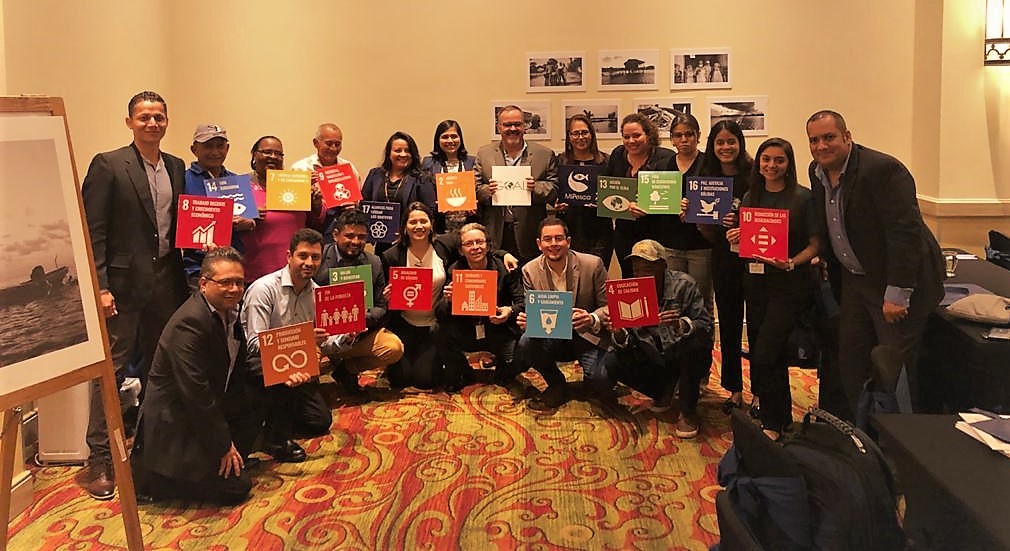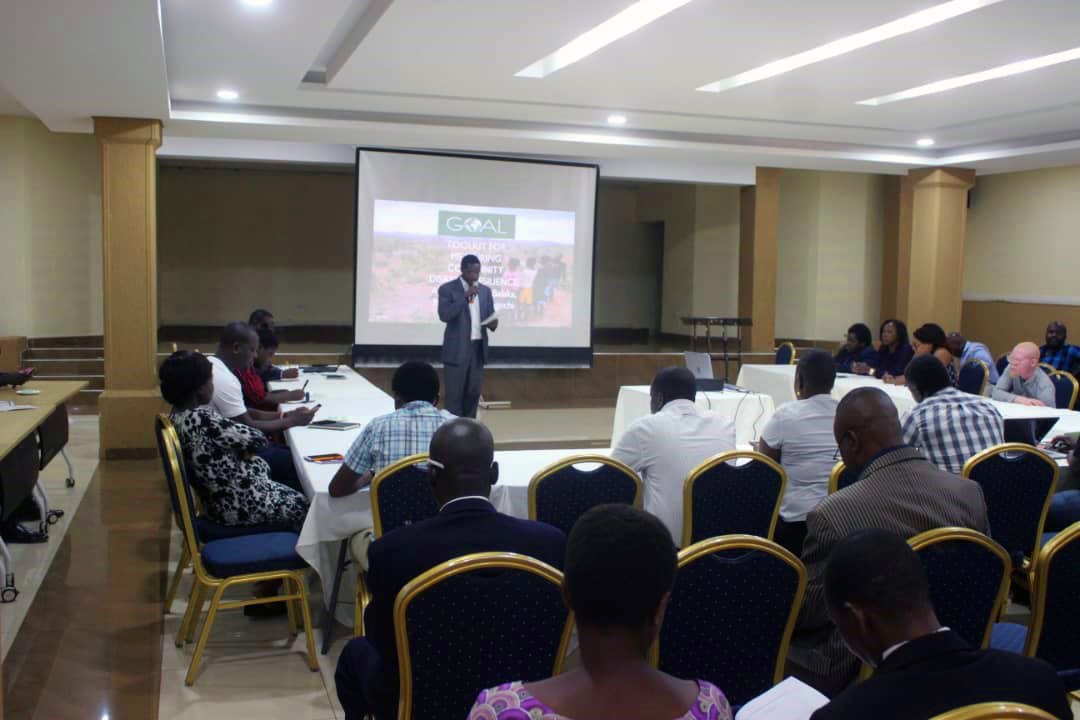Category: News
-
GOAL cordially invites you to the 2nd edition of the Forum “Sustainable Urban Development with focus on Integrated Risk Management (DUS-GIR)”
This free event with take place on a virtual platform from 22nd to 26th of March of 2021, from 2:45 to 6:16 pm CST (GMT-6). The event will be in Spanish. If you are interested, please register using the following link: HERE About GOAL: Founded in 1977, GOAL is an international humanitarian and development agency,…
-

Goal Mipesca Project Is Benefitting Small-Scale Fishermen On The North Coast Of Honduras
Tegucigalpa, Francisco Morazán, January, 29: A new report reveals that a GOAL blue economy project is benefitting hundreds of artisanal fishermen and associated businesses along the Honduran North coast. An interim report launched today (Wednesday) shows that fishing businesses increased their sales by 70% in the last year thanks to the GOAL MiPesca -“Resilience of…
-

Professor of the National University of Ireland, Galway visited GOAL Malawi for an ARC-D Toolkit review
Professor Michael Hartnett has reviewed and provided feedback on the ARCD toolkit application and training effectiveness. Of which GOAL received positive feedback and along with recommendations for improvement. [Blantyre, Malawi, August 2018]— NUIG visited two communities in Balaka and Chikwawa Districts to develop focus group discussions with community leaders to gather feedback from the community…
-

GOAL Malawi presents the ARC-D Toolkit
GOAL Malawi presents the ARC-D toolkit at the 2018 National Disaster Risk Management Platform Symposium The symposium was organized by the Department of Disaster Management Affairs (DoDMA) in collaboration with other partners involved in DRM at national and local levels. [Lilongwe, Malawi, October 2018]— Two members from GOAL Malawi participated during 2018 annual DRM symposium…
-

GOAL present at RMEL Conference 2018
The conference was organized by the Resilience Measurement, Evidence and Learning (RMEL) Community of Practice (CoP) and strategic partners. [New Orleans, LA, November, 2018]— Three GOAL´s resilience experts participated in the first conference that gathered global leaders, resilience measurement and research experts, resilience monitoring, evaluation and learning practitioners; programmers and influencers. The conference took place…